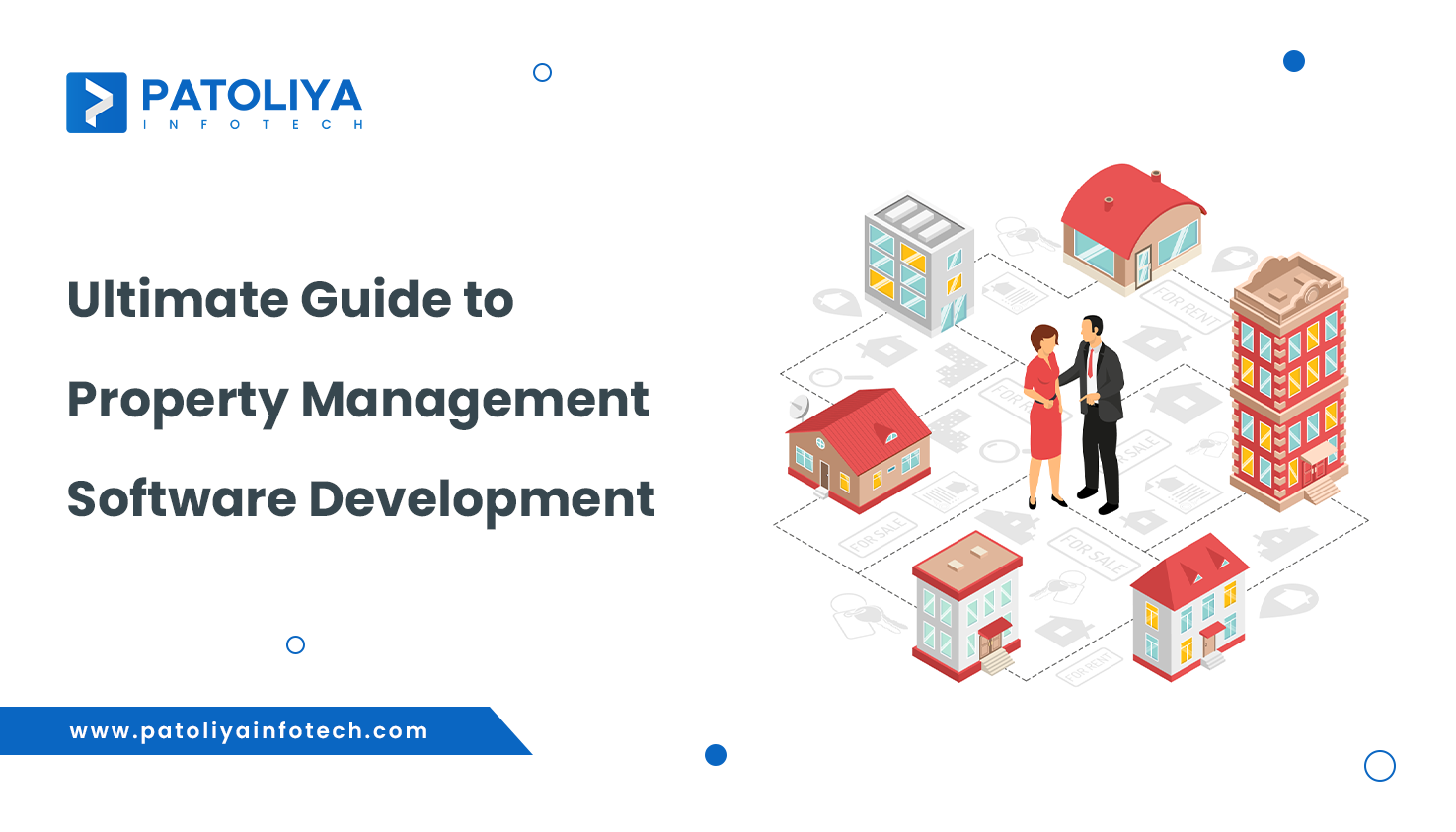What are the Advantages of Good Working Relationships in the Workplace?

Table of Contents
Building Rock-Solid Employee Relationships for Growth
‘Employee relations‘ refers to a company’s efforts to manage relationships between employers and employees. An organisation with a good employee relations program provides fair and consistent treatment to all employees so they will be committed to their jobs and loyal to the company. Such programs also aim to prevent and resolve problems arising from situations at work.
Employee relations programs are typically part of a human resource strategy designed to ensure the most effective use of people to accomplish the organisation's mission. Human resource strategies are deliberate plans companies use to help them gain and maintain a competitive edge in the marketplace. Employee relations programs focus on issues affecting employees, such as pay and benefits, supporting work-life balance, and safe working conditions.
An IT company is more dependent on its employees as they are the end provider of service and by them, client relationships can be maintained in a very healthy way. So it become more essential for IT companies to retain employees for longer duration and maintain their goodwill.
A healthy work relationship with employees not only creates a positive work environment but also helps in the growth of an organisation and can earn much trust & loyalty from those who are employed. Not much is talked about Boss-Employee Relationship. Like any other relationship, it also has many wavelengths and needs a proper flow to sustain and grow.
Human beings are naturally social creatures – we crave friendship and positive interactions, just as we do food and water. So it makes sense that the better our relationships are at work, the happier and more productive we’re going to be. The more we interact with them, the more they gonna respond in a healthy way.
Good working relationships give us several other benefits: our work is more enjoyable when we have good relationships with those around us. Also, people are more likely to go along with changes that we want to implement, and we’re more innovative and creative.
It improves teamwork-It is common knowledge that people who get on well with each other are more likely to work well together and fewer conflicts arise between them. Improved employee morale-The development of good relationships in the workplace has the potential to improve the mood of employees, making them subsequently more productive and letting them be free in their own way.
Quick Ways to Gain Their Trust:
- Welcome, should be very friendly.
- Employees should be made easy with their work.
- No-personal Biases should be observed.
- Nepotism should not be followed in any case.
- Recognition should be encouraged to increase their morale.
- Informal relations should also be maintained.
Communicate as more as possible: Employees also have many things to say which affect them, or where they wanna change. But due to the organisational ladder, they are often afraid to open up on sensitive issues alternatively which affects their performance and reduces their job satisfaction, which adversely affects the company's reputation and work profile, so each should have equal space for their say which is necessary.
Build more confidence: Try to make them leaders in tasks allotted to them, try to understand their body language, and non-verbal notions and reciprocate to them, and try to encourage them more often through employee engagement activities. Confidence-boosting sessions, and informal meetups to know them better.
“The only way to get people to like working hard is to motivate them. Today, people must understand why they’re working hard. Every individual in an organisation is motivated by something different.” –Rick Pitino
Benefit from Solid Employee Relationships
Building strong employee relationships is essential to maximising your team's potential and fostering a happy work environment. The morale, productivity, and creativity of your staff will soar when you cultivate an environment of trust, candid communication, and professional development opportunities.
Recall that productive interactions with coworkers are mutually beneficial. Put these suggestions into practice: extend a warm welcome to new employees, reduce bias, and give them credit. Above all, encourage open communication by creating an environment where staff members feel free to voice their problems and thoughts.
By proactively fostering positive working relationships, you'll develop a devoted and motivated staff, which will ultimately set the foundation for sustained success.



